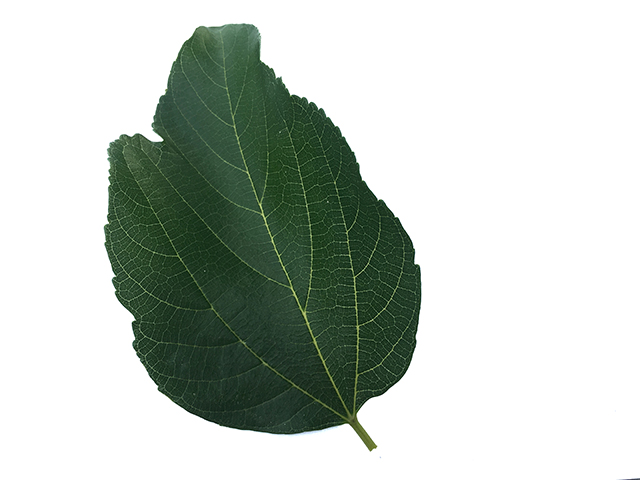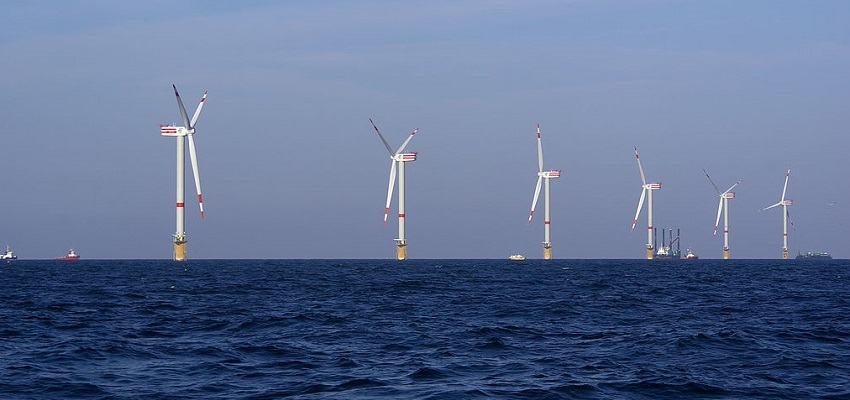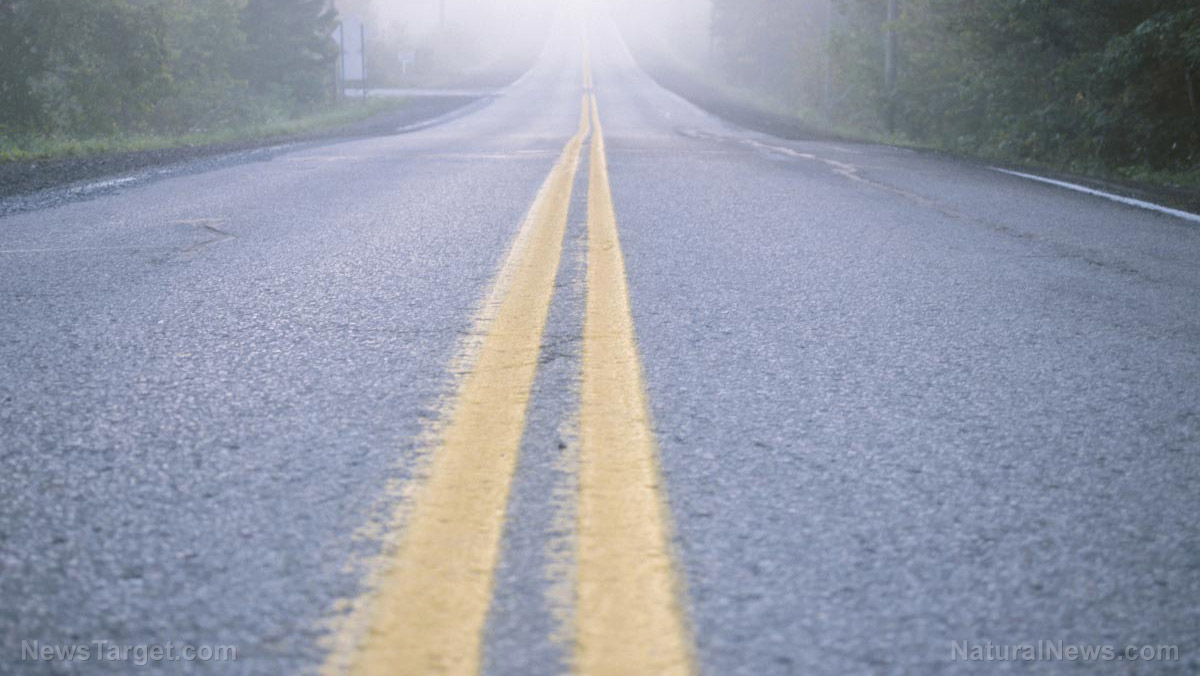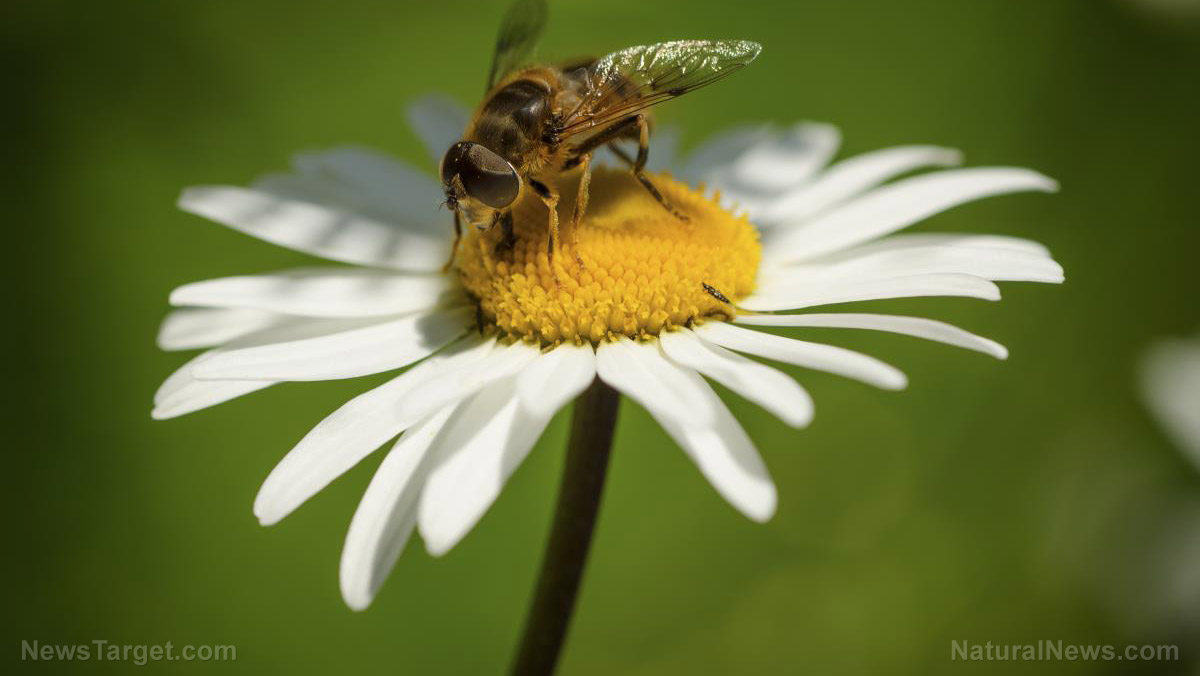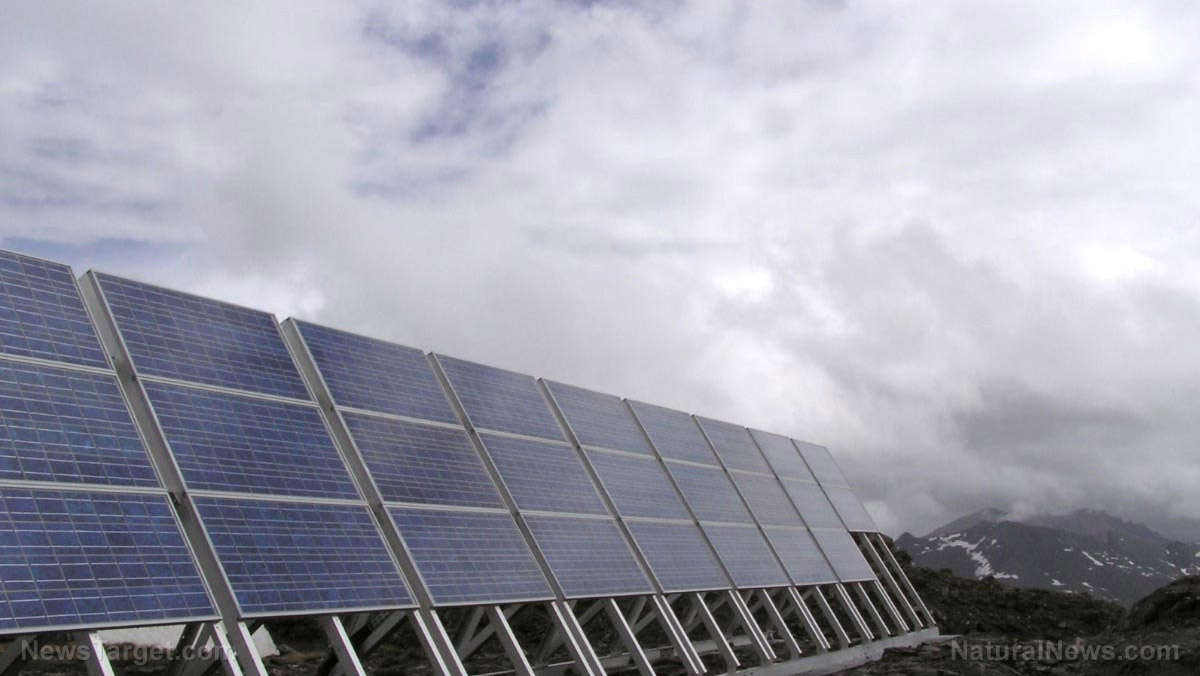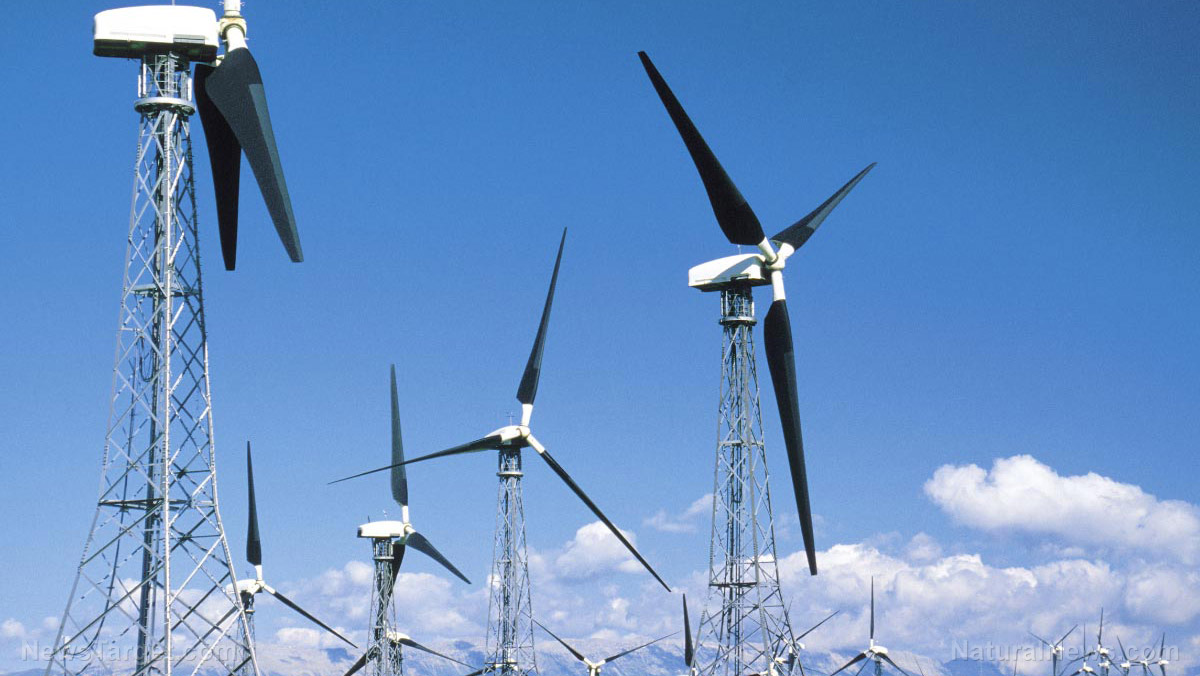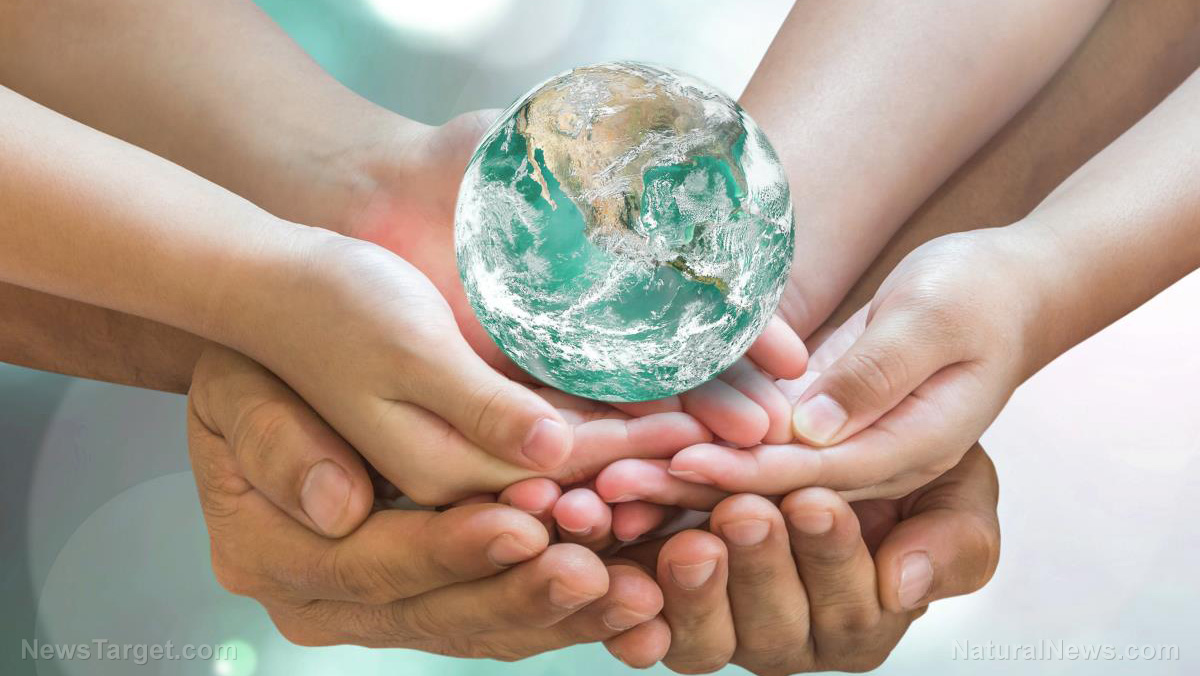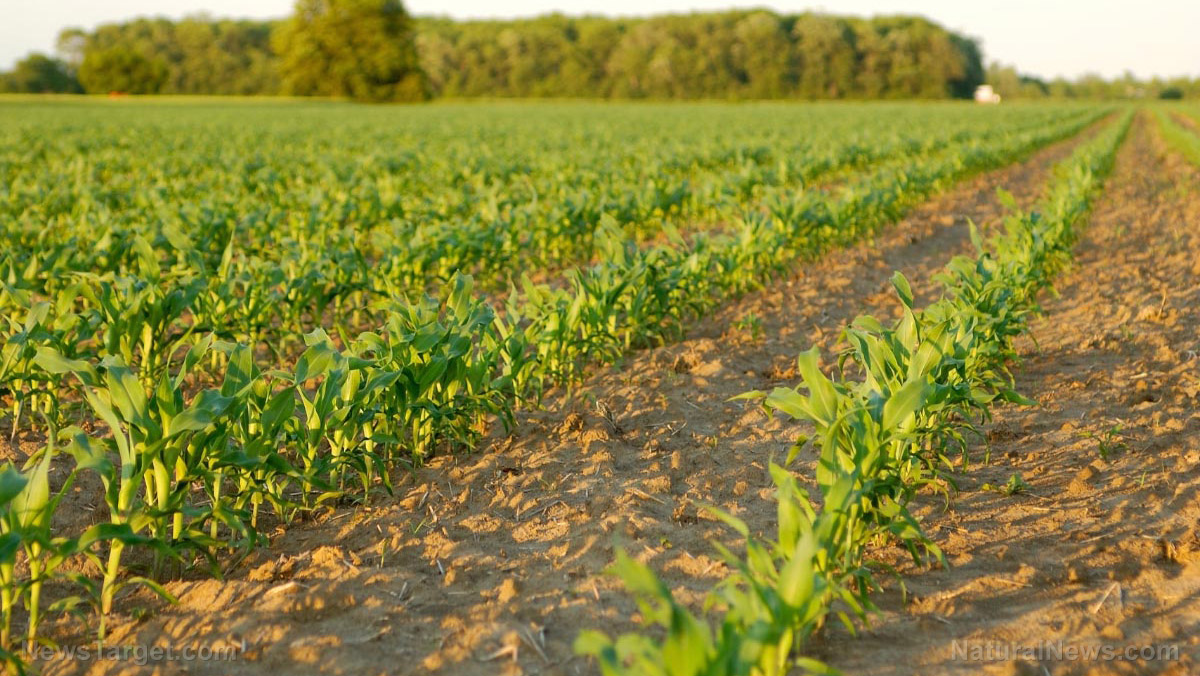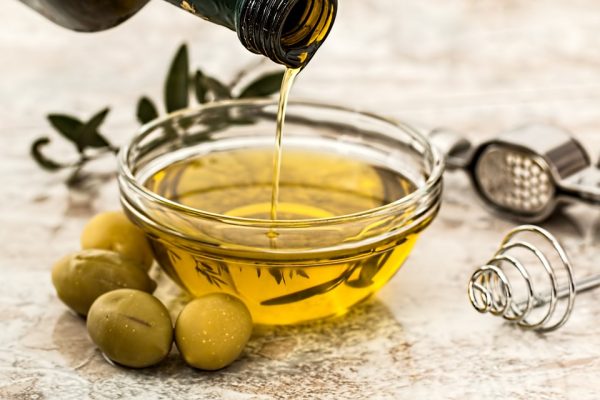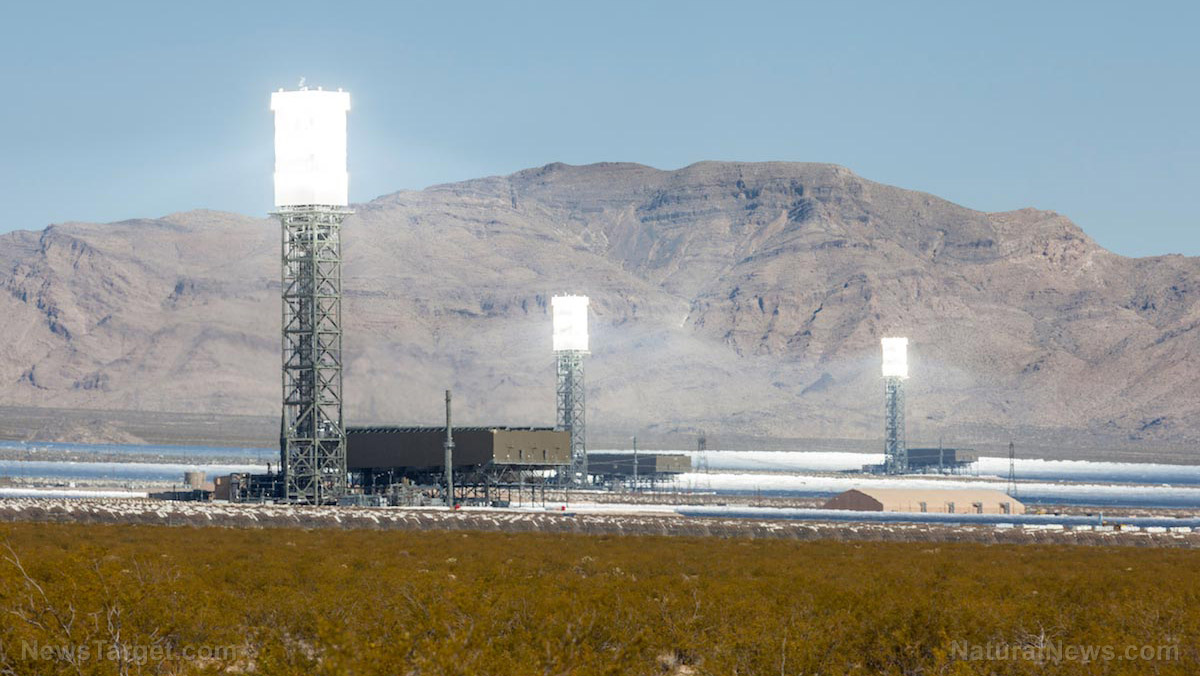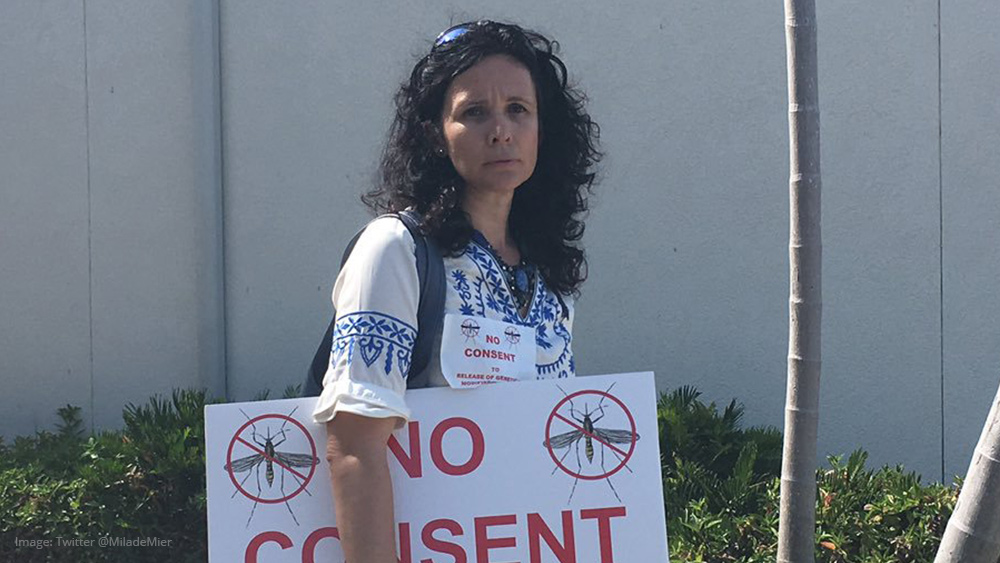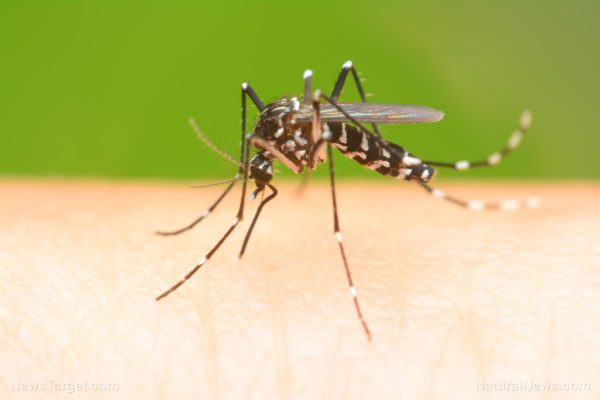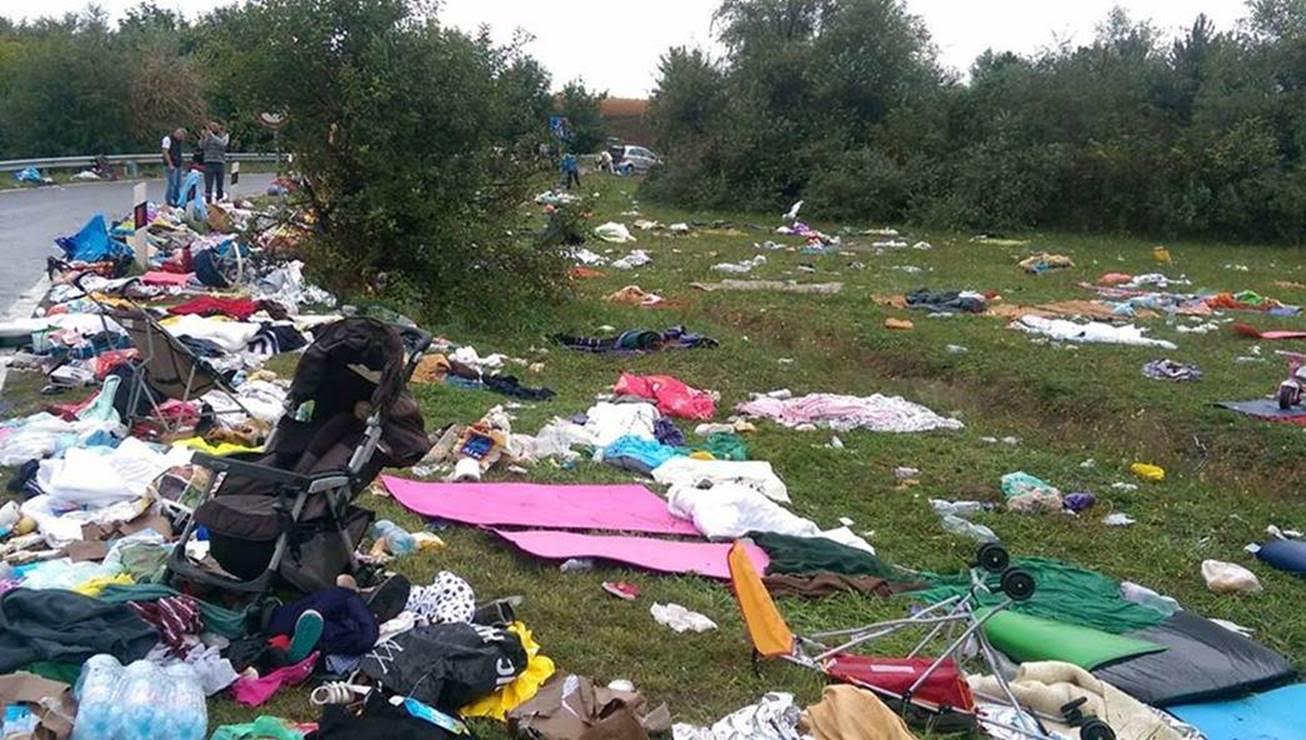The issue of food waste has becoming a mounting issue, with many people across the globe expressing concern that much of the waste is not only unnecessary, but harming the health of people and the environment. So serious is the issue that the city of Vancouver, British Columbia, Canada has made it illegal to toss those foods scraps in the regular trash.(1)
The first day of 2015 marked the law’s debut, and citizens have a six-month period to get used to the change. Beyond that, people will incur penalties.
Mayor Greg Moore says that this move is extremely beneficial. “Everyone is affected by this ban, whether you are at home, or out in the community,” he says. “We need to think differently. We need to think about how we separate our organics, our recycling, and our solid waste.”(1)
Recylcing food waste in green bins now mandatory
Food waste must now be placed in a green bin, something that the city has recommended for several years. Recycling food waste in this manner has been eyed as having multiple benefits ranging from reducing greenhouse gas emissions to lessening greenhouse gas emissions.
Support regarding the effort is made clear in a Metro Vancouver blog. “By putting food waste and leftovers into their green carts instead of garbage bins,” it states of those who have already been involved in such recycling, “Metro Vancouver residents of single-family homes have reduced their garbage by almost 30 per cent in the last three years.”(2)
It goes on to explain how the environment is improved by this new law.
Such programs allow curbside collection efforts to take “…green-bin contents to industrial-scale facilities that turn this natural resource into nutrient-rich composts that helps grow the next cycles of food, flowers and garden plants, and energy-rich biofuel.”(2)
Metro Vancouver has a recycling goal to reduce 70 percent of its waste by 2015 and 80 percent by 2020.(1)
The need to engage in such a process is embraced by people around the globe.
Other efforts to raise food waste awareness
In the United States, Rob Greenfield is riding his bike across the country, engaging in what has popularly been dubbed, “dumpster diving.” His goal is to showcase just how much healthy food is tossed aside in favor of more suitable-looking (and more popular selling) foods. Along the way, he’s discovered the likes of oranges, rolls and eggs. It’s his hope that more grocery stores donate food to people in need, rather than place them in dumpsters.(3)
Elsewhere, in Europe, Baptiste Dubanchet made headlines over the past year as he went on a 1,864-mile bicycle trek from his native France to Warsaw, Poland to protest food waste. Along the way, he created videos to show his dumpster finds. A variety of breads, meats and fruits have gone by the wayside, something which he feels sheds light on the problem of food security.
Often, he stops to educated youngsters in schools about the growing problem. “I tell them how much non-renewable resources are consumed every day and that one day, these will run out,” he says of his interaction with the children. “We import so much food, for example rice, that it puts the prices up in the poor countries and then we just end up throwing so much of it away.”(4)
Sources:
(1) http://www.treehugger.com
(2) http://factsaboutgarbage.org
(3) http://www.wxyz.com
(4) http://www.treehugger.com


